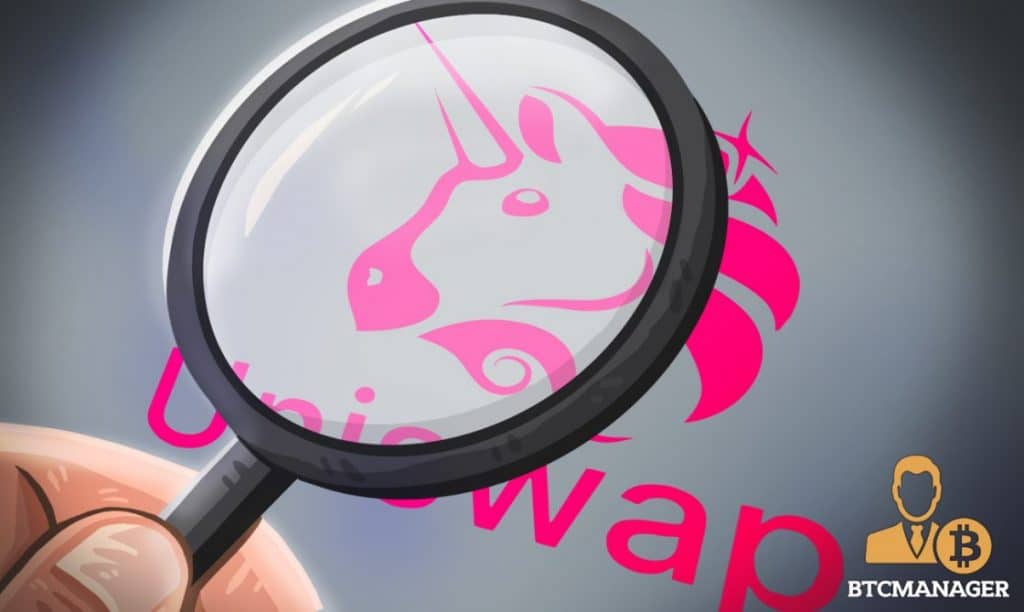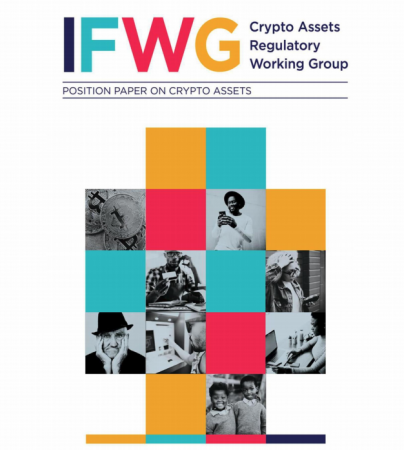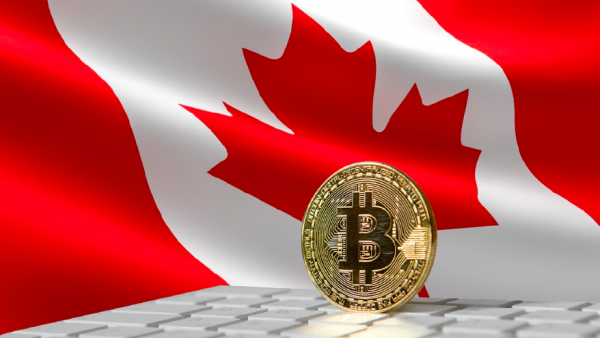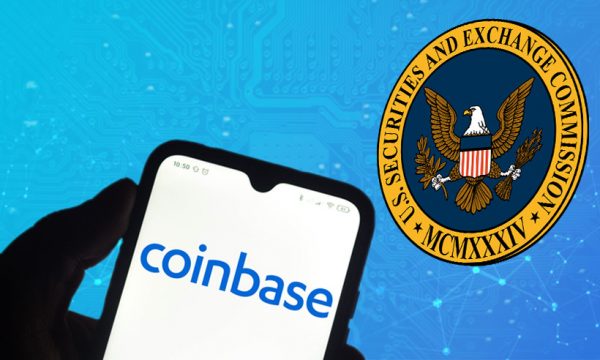Reports have recently emerged that the US Securities and Exchange Commission (SEC) is investigating Uniswap Labs, the main developer of Uniswap, one of the largest decentralized exchanges (DEXs) in the world, with regards to its potential illegal offering of securities, as well as its failure to comply with anti-money laundering (AML) regulations.
The decentralized exchange enables users to swap cryptocurrency tokens without the need of a central overseer, making all transactions peer to peer. It is ranked the second-largest DEX worldwide, after dYdX, with a daily trading volume of over $958 million at the time of writing.
Is Uniswap Offering Illegal Securities?

According to The Wall Street Journal, SEC enforcement attorneys are looking into how investors use Uniswap and the manner in which it is marketed. Although the details of the investigation are still unclear, the SEC has previously stated that developers that create software and then step back from the project, essentially leaving the decentralized platform to operate without a third party, should not be considered virtual asset service providers (VASPs) and therefore should not be subject to the same scrutiny.
However, the implication appears to be that Uniswap Labs promotes and operates a specific feature of the platform, changing their classification as merely a technology company to that of a financial services provider.
The value attached to and use of the protocol’s native token, UNI, for community governance, where holders of the token are given decision-making rights in the protocol’s operation, likely caught the attention of the SEC as it could be seen as offering illegal securities.
Uniswap and decentralization
In die DeFi space, the criteria for decentralization and transparency are non-negotiable, even though many projects operate under the cloak of anonymity. Uniswap has in the past been accused of meeting neither of these requirements, due to the manner in which they allocate and distribute their UNI governance token and how they unilaterally push through software upgrades.
For example, of the 150 million UNI tokens that Uniswap Labs airdropped in 2020 in order to compete with rivals like SushiSwap, 2 out of 5 tokens went to its investors and teams, for a supposed vesting period of 4 years, although this has not been confirmed yet and the coins are not locked, but stored on normal ETH addresses. As UNI is a governance token that is meant to facilitate important community voting, it’s concerning that 40% of these tokens might already be in the hands of Uniswap Labs’ corner.
However, what likely really triggered the SEC’s radar was the manner in which Uniswap Labs developed its Version 3 and launched it earlier this year without much community involvement. The company then also attached specific licensing rights to its software, which is something not really seen in the open source-encouraged world of blockchain.
Howey Test securities definition again in crypto spotlight
The question of whether or not a token can be classified as a security lies in whether it’s an investment asset, which is determined by the “Howey Test”, as first rendered in the US court case of SEC vs WJ Howey (1946), where the Supreme Court found that an offer of a land sales and service contract was an “investment contract” under the Securities Act of 1933. According to the Howey Test, a crypto asset is considered a “financial contract” and therefore a “security” if there is:
- an investment of money (which includes fiat and cryptocurrency)
- in a common enterprise
- with an expectation of profit derived from the managerial or entrepreneurial efforts of others.
Unfortunately for Uniswap Labs, they seem to meet all these criteria under certain conditions. However, due to the decentralized nature of Uniswap, meaning no central person or entity is responsible for running the protocol, the SEC won’t be able to shut it down, yet, they could potentially make all decentralized finance (DeFi) transactions illegal.
Uniswap Labs has not responded directly to reports of the investigation but it did state that they are “committed to complying with the laws and regulations governing [its] industry and to providing information to regulators that will assist them with any inquiry”.
Uniswap Labs and AML Non-Compliance
In addition to their potential charge of the illegal offering of securities, Uniswap Labs may also be guilty of not doing enough to detect and prevent instances of financial crime, such as money laundering and terrorist financing (ML/TF), which could further bring them to the attention of other federal regulators like the Financial Crimes Enforcement Network (FinCEN) for violations of the U.S. Bank Secrecy Act.
If Uniswap Labs are in fact operating a specific part of the protocol, thereby making them a third-party participant, they would be responsible for implementing the tools that ensure that ML/TF activities are prevented from occurring. This includes the implementation of Know Your Customer (KYC) processes to confirm that customers of the exchange are not involved in any nefarious or illegal activity.
However, with Uniswap being a decentralized exchange, with a foundational feature of DEXs being that they don’t have any personal information about any of its users on record, it would be almost impossible to implement KYC processes with Uniswap continuing to operate as a DEX.
The exchange could benefit from implementing other tools, however, such as Sygna GATE, our AML solution implementation that provides KYT, Travel Rule, and Sanctions Screening Compliance. The browser gateway uses innovative technology and draws on our experience of streamlining workflows for live VASPs to distinguish between a VASP and an unhosted wallet before each transaction.
Regulatory Pressure Mounting on the DeFi Space
The investigation is part of a growing interest in the cryptocurrency space by the SEC, with Chairman Gary Gensler calling on Congress last month in a bid to start clamping down on DeFi platforms, which are currently not regulated in the US.
Gensler has recently stated that DeFi is not immune to oversight just because of its decentralized nature. He stated that DeFi projects have features that make them look like the types of entities the SEC oversees, such as the rewarding of project participants with tokens and other incentives.
“There’s still a core group of folks that are not only writing the software, like the open-source software, but they often have governance and fees. There’s some incentive structure for those promoters and sponsors in the middle of this,” stated Gensler.
The DeFi arena is still very much a very nascent technology chamber of innovation despite its rapid adoption by crypto investors and developers alike, and regulators, busy contending with trying to solve the puzzles of stablecoin regulation and compliant centralized exchange data transfer with updates such as the FATF Travel Rule. They will most likely continue to play catchup for a while as DeFi protocols continue to morph and change on a weekly basis. However, DeFi is definitely being looked into at a global level, as the new proposed European framework for crypto assets and FATF’s draft guidance earlier this year showed.
Whether the SEC’s investigation of Uniswap amounts to nothing more but a shot across the bow, at least for the time being, DeFi teams would be well advised to brush up on regulatory compliance sooner rather than later.
To learn more about how regulations could impact your DeFi business and how Sygna can help you, contact our Sygna team for a demo call.


